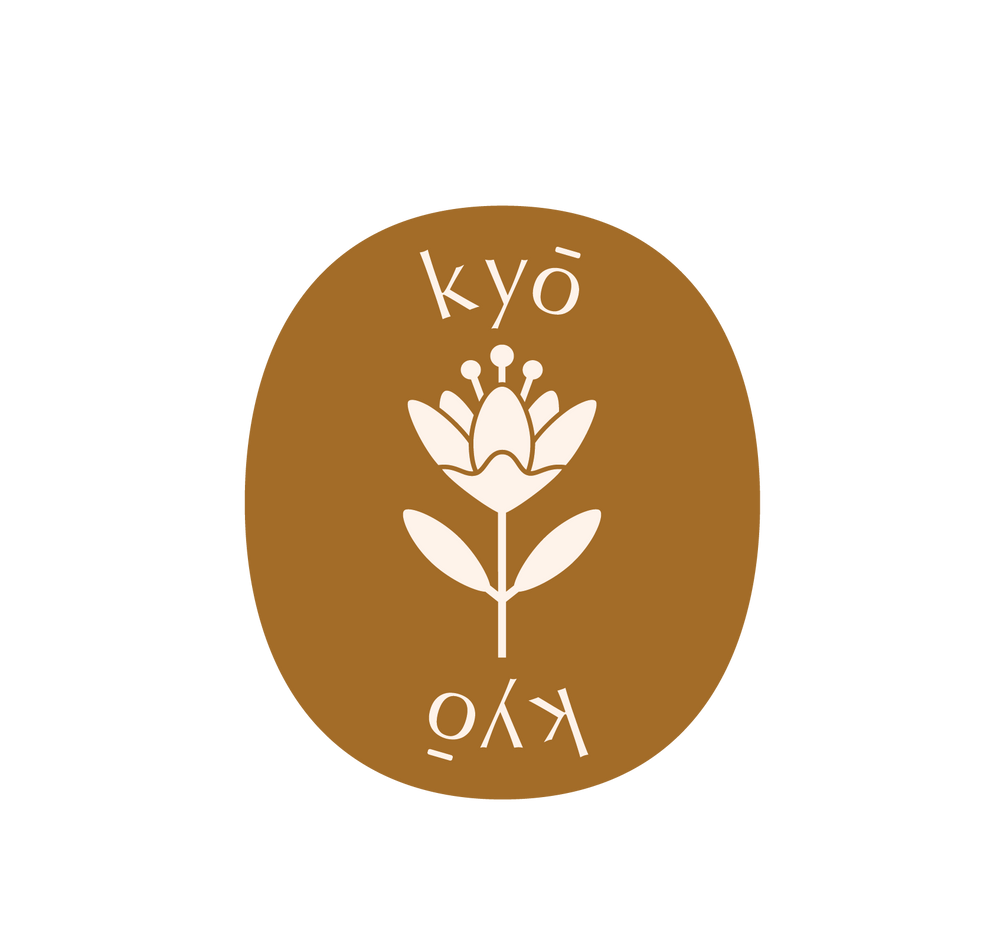

Baserange
Baserange Tav Cardigan Fovea
Multicolour wood buttons
Worn multiple ways
60% Recycled Cotton 40% Cotton
Made in Portugal
Model wears a size S
We recommend a cold wash on a gentle cycle using natural detergent and hang drying for all our products. A colder wash saves electricity, the gentle cycle wears the fabric down less, natural detergent (especially with neutral PH) can retain the colour and elastane for longer and hang drying is easier on the clothing and the environment. Hand washing is always a good option too. If you are not separating delicates, use a laundry bag to protect the fabric from getting damaged. Look for a dense fabric for the laundry bag.
Naturally dyed garments are sensitive to sun exposure. To ensure colourfastness, do not dry or store in direct contact with the sun.
To reduce washes, we recommend airing or freezing your garments and spot cleaning whenever you have a stain. Airing helps in getting rid of the odour and you can do this by leaving your clothing outside overnight. Freezing gets rid of smell, mildew as well as moths and is effective when done for 6-12 hours. This helps keep clothing in better condition for longer and ensures the colours don’t fade.
Washing synthetic fibres releases microplastics into the water system, especially during the first washes, but washing the synthetic blend fabrics in a laundry bag that captures the microfibres allows you to dispose of the microfibres properly. You can also use a laundry ball or a washing machine filter.
Clothing can shrink about 5-7% in the wash.
Knits should be stored folded, as hanging knitwear can change the shape.





